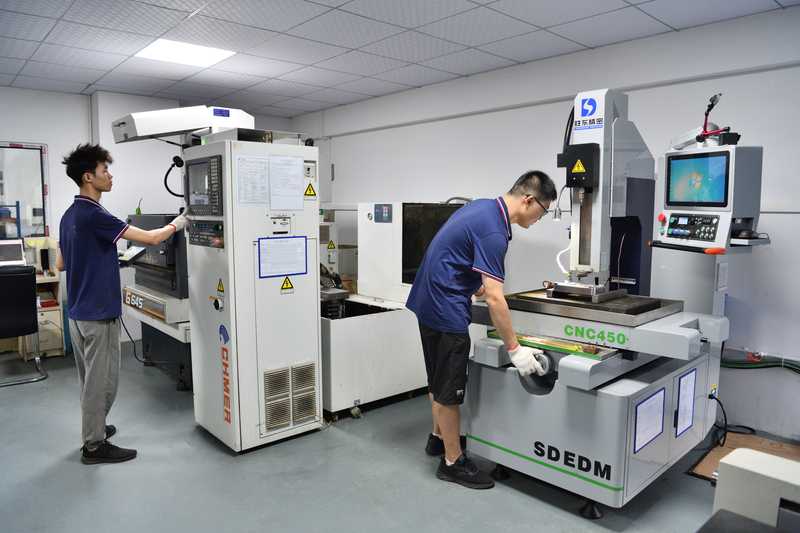In the world of manufacturing, cutting costs without sacrificing quality is always of the utmost importance. Making smart use of manufacturing tooling is one of the best methods to achieve this goal. Let's examine how these specialist tools and equipment can result in long-term cost savings for businesses.

Speeding Up Production
Consider production tooling as an assembly line of specialized workers. These assistants are made to complete particular tasks precisely and swiftly. In sheet metal fabrication, for instance, a specially designed die may stamp out hundreds of identical components in the amount of time it would take an employee to manufacture one by hand.
As a result, the cost of operating the factory—which includes labor costs and electricity—is divided among a larger number of products, lowering the production cost of each one.
Improving Consistency and Quality
Consider attempting to sketch the same image one hundred times. Making them all the same would be quite difficult. However, a machine built for that particular job could perform it flawlessly each and every time.
Production tooling operates in a similar way. It guarantees that every product that leaves the factory is of the same excellent caliber. This consistency results in fewer errors, less waste, and products that do not require repair or disposal.
Reducing Labor Costs
Although skilled workers cannot be replaced by robots and tools, they can increase the productivity of those workers. One worker might be able to complete a task that formerly required multiple people with the right production tooling.
For example, specialized welding equipment can make it possible for a single person to precisely and swiftly combine complex parts—a task that formerly could have required two or three people. This does not negate the need for labor in factories overall. Rather, it enables them to redistribute employees to other critical duties, resulting in increased productivity without raising labor expenses.
Enabling Complex Designs
Certain product designs are so intricate that producing them by hand would be unfeasible or extremely costly. At a fair price, production tooling can turn these intricate ideas into reality.
For instance, a mold for injection molding can quickly produce complex plastic components. Making the identical part by hand may take hours if this tool isn't available. Production tooling enables businesses to innovate and produce better products without raising prices by making complex designs feasible.
Lowering Material Waste
A lot of industrial tools are made to use materials as efficiently as possible. When compared to human procedures, they may frequently cut, shape, or mold materials with significantly less waste.
Lower material costs result from less material wasted, which lowers overall manufacturing costs. Additionally, it benefits the environment, which is something that many consumers and businesses value highly.
In the end
Production tooling in China plays a crucial role in keeping manufacturing costs down. These specialty equipment enable organizations to produce better items more quickly, with less waste, better quality, and less labor required. Even though the initial cost of production tooling may seem significant, firms who want to remain competitive in today's market will typically find that investing in it will pay off in the long run.